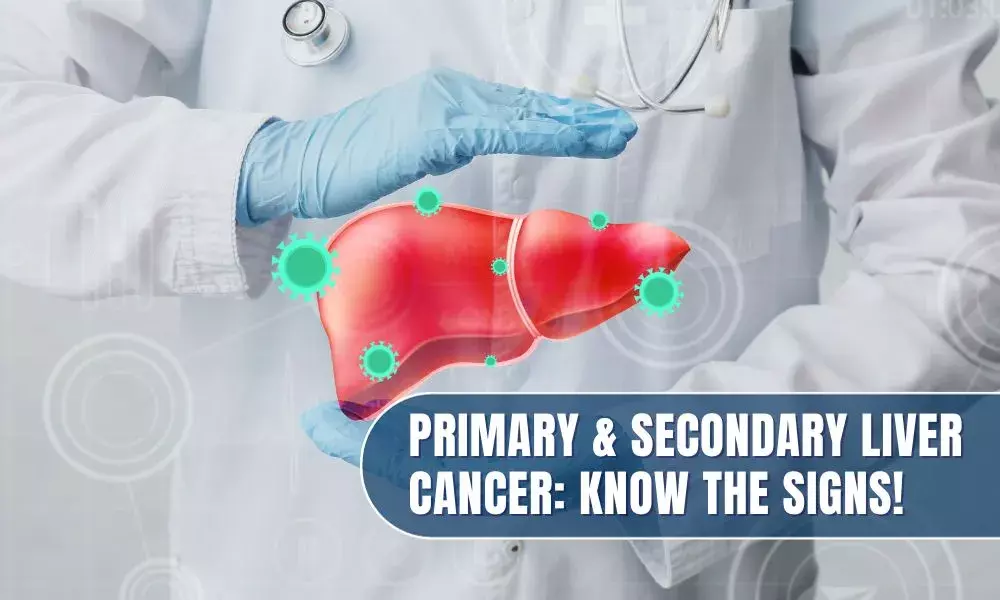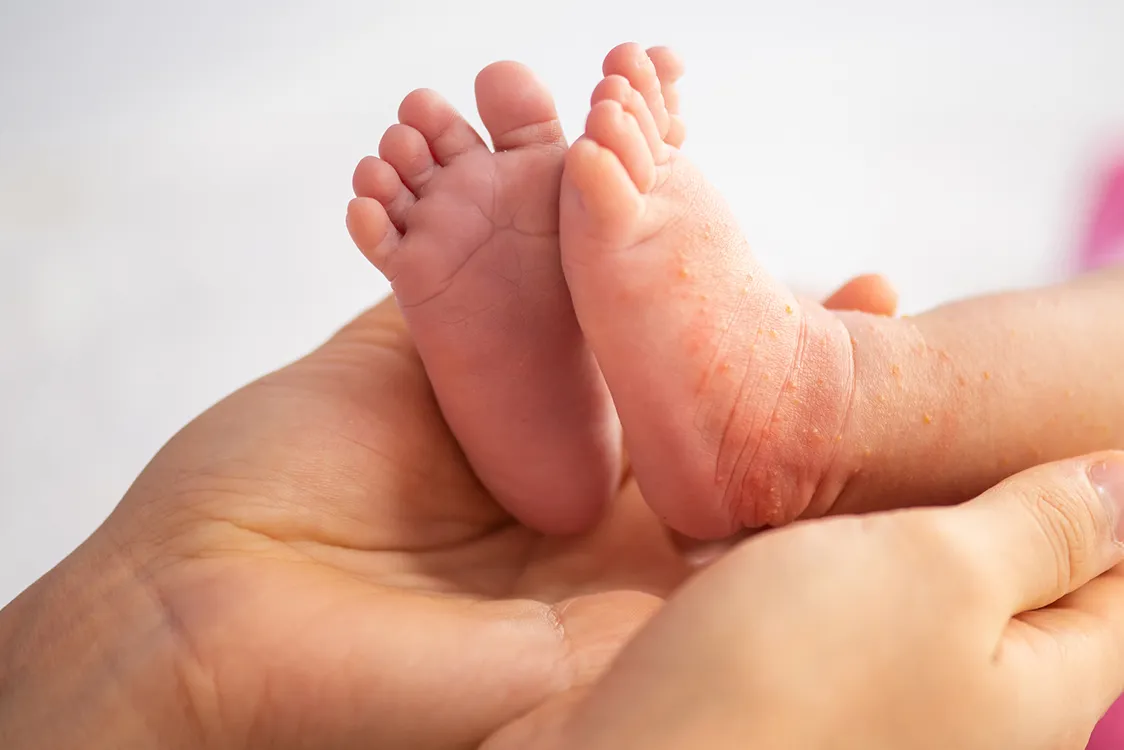According to Austrian researchers, even brief exposure to alcohol during pregnancy can alter the fetus’s brain’s structure, the study’s findings indicate that pregnant women should abstain from alcohol completely.
Lead researcher Dr. Patric Kienast lamented that “Many pregnant women are unaware of the influence of alcohol on the foetus during pregnancy.” He is a Ph.D. candidate at the Medical University of Vienna in Austria in the division of neuroradiology and musculoskeletal radiology in the department of biomedical imaging and image-guided therapy. In a press release from the Radiological Society of North America, Kienast made his remarks.
His team evaluated the effects of drinking on 24 foetuses as part of the study using MRI scans. The MRIs were performed on the foetuses between the ages of 22 and 36 weeks of pregnancy.
Dr. Gregor Kasprian, the senior author of the study and an associate professor of radiology at the university, called foetal magnetic resonance imaging (MRI) “a highly specialized and safe examination method that allows us to make accurate statements about brain maturation prenatally.”
By having the mothers fill out anonymous surveys, the researchers evaluated foetal alcohol exposure. The study discovered that the foetal “total maturation score” of the alcohol-exposed foetuses was significantly lower than that of the age-matched controls. Their social cognition, audiovisual integration, and language perception areas of the brain were shallower. The superior temporal sulcus is the term for that region (STS).
The temporal brain region and STS were the areas with the most significant changes, according to Kasparian. We know that language development during childhood is significantly influenced by this region and, more specifically, the formation of the STS.
Even foetuses with low levels of alcohol exposure had altered brains. According to Kienast, the average amount of alcohol consumed by the 24 mothers was less than one drink per week, and 17 of the mothers drank alcohol relatively infrequently. However, we could identify significant changes in these foetuses using prenatal MRI.
Three study participants reported drinking one to three drinks weekly, two reported drinking four to six, and one said an average of 14 or more drinks. Additionally, six mothers reported at least one episode of binge drinking during their pregnancies in which they consumed four or more drinks.
According to the study’s authors, a myelination delay may be to blame for their observed problems. When nerve cells are protected by myelin, information can be transmitted more quickly, which may impact developmental milestones like rolling over, crawling, or language processing.
Additionally, gyrification, a process that involves the formation of the folds in the cerebral cortex and impacts cognitive function, may be impacted by alcohol exposure.
Kienast advised pregnant women to avoid drinking alcohol strictly. “As we demonstrate in our study, even low levels of alcohol consumption can result in delayed brain maturation and structural changes in brain development.”
The impact of these structural alterations on postnatal brain development is unknown to the researchers. To accurately evaluate this, Kienast said, “We need to wait until the children who were examined at that time as foetuses get a little older so that we can invite them back for further examinations.” However, it is safe to assume that the changes we found are a factor in the potential behavioral and cognitive problems that can arise in young children.
The results will be presented at a meeting of the Radiological Society of North America on Sunday in Chicago and online. Until they are published in a peer-reviewed journal, findings presented at medical meetings should be considered preliminary.





